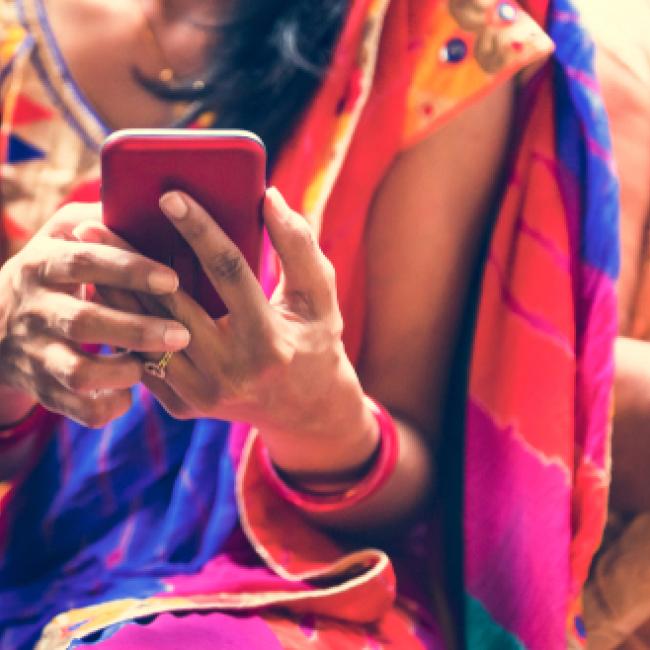Project Summary
This grant was awarded through E4A’s special Call for Proposals: Approaches to Advance Gender Equity From Around the Globe. The project team is conducting a cluster randomized control trial to study an innovation to an independent grievance reporting and resolute system (the Helpline) – the incorporation of a reporting escrow, which allows individuals to make a report of misbehavior with a trusted intermediary. The team is evaluating the escrow’s effects on reporting of labor issues, including sexual harassment, and on workers’ mental well-being, as well as its effects on factories’ internal capacity to resolve issues and on worker absenteeism. The team will also explore whether the reporting escrow changes perceived social norms and acceptability of different behaviors on workers, and in the longer term, reduces the actual incidence of labor issues.
Research Questions/Aims
- What is the overall effect of factories’ participation in the Helpline on the reporting of labor issues and on workers’ well-being?
- How does incorporating a reporting escrow into the Helpline’s system affect the reporting and subsequent occurrence of underreported forms of misbehavior, in particular, sexual health?
Actionability
- Improve the design of reporting escrow systems and increase the probability of take-up and success in the U.S.
Outcomes
The researchers will examine two sets of primary outcomes. For workers, they will test for effects on reports to the Helpline; reports through internal channels; and mental well-being. For factories, they will test for effects on HR management capacity and worker absenteeism. In addition, as secondary outcomes for workers, they are interested in measuring a change in perceived social norms and acceptability of different behaviors, and for factories, they are interested in measuring the actual incidence of labor issues in the long run.
Methodology
The research team is using a cluster randomized control trial design, randomly assigning treatment status at the factory level in Bangladesh. Mobile phone-based surveys are being used at baseline and administered five times over the course of 12 months with factory workers, followed by an in-depth, end-line phone survey.

Columbia University in the City of New York
Amader Kotha Helpline
Princeton University
Ben-Gurion University of the Negev
Impact assessment in home country